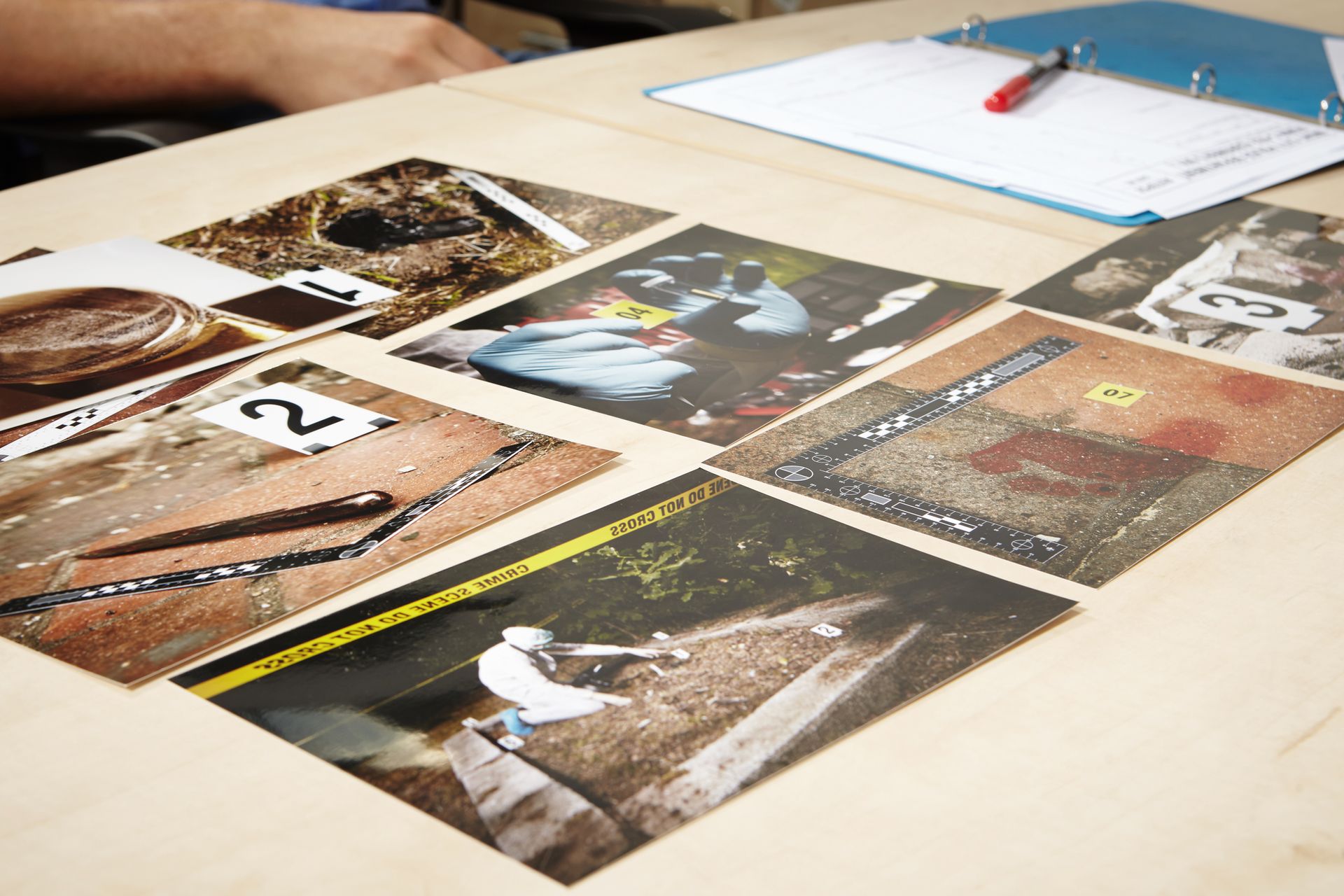Mishandled Case: What It Takes To Get It Thrown Out

There are times when the police or the investigators may drop the ball and mishandle the case or the evidence. Mishandling a case can result in the case getting thrown out by the judge. Let’s review everything you should know about mishandled cases.
What Does It Mean To Mishandle a Case?
When a case is mishandled, it means procedures were not followed at all or were incorrectly followed. A defense attorney will be watching the handling of their client's case and they will jump at the chance to get the case dismissed if they notice improper procedures.
It is extremely important for the police and investigators to do everything by the books so that justice can be served. Mishandling a case means handing the victory over to the defense team before the case has even really begun.
What Can Cause a Case To be Dismissed?
There are a few different ways a case can be mishandled that may call for or result in the case being dismissed. Police and investigators are expected to follow the laws and procedures set for them to ensure they are fair to everyone.
No Probable Cause
To be arrested, the police need to have probable cause. To have probable cause means that the police have evidence or facts that can prove the person being arrested is guilty of a crime. For example, a police officer needs to have evidence to support them if they have a suspicion of someone driving under the influence (e.g., swerving, speeding, no turn signals, etc.).
Illegal Search and Seizure
To be able to search or seize property, the police need to have a valid search warrant. If the police insist on searching a property but do not have a search warrant, the owner can deny them access. If they search the property anyway, this is illegal. Any evidence of criminal activity they find during an illegal search will be thrown out.
The only exceptions to needing a warrant include:
- The owner agrees to let them search without a warrant
- An arrest has already been made
- The evidence was in plain sight
If a police officer believes that someone is a danger and carrying a deadly weapon, this can also qualify as an exception.
Failure to Read the Miranda Rights
The Miranda Rights inform the person being arrested of the rights that they have now that they are in police custody. If their rights are not read, they may not be aware that they do not have to answer any questions and could unintentionally criminalize themselves.
Additionally, Miranda Rights state that the arrested person has the right to an attorney and can have an attorney present during questioning. Knowing this right can save the arrested person a lot of confusion and accidental incrimination.
Lost Evidence
If evidence is lost, then a case may not even make it to trial. If evidence was not properly stored and recorded, and is unavailable for trial, there will not be any evidence to show to a jury. Without evidence, there is no case. Keeping track of evidence could be the most important part of a case because without it there is no case.
Not Enough Evidence
If the evidence presented to the judge is insignificant, the judge may dismiss the case. To convict someone of a crime, it needs to be proved "beyond a reasonable doubt" that they are guilty. If there is even a small doubt, they cannot be convicted. The evidence's job is to erase all doubt, if it cannot do that, there is no case.
If you think your case is being mishandled, contact us today at Gayheart & Willis P.C., and we will do what we can to settle your case in your favor.












